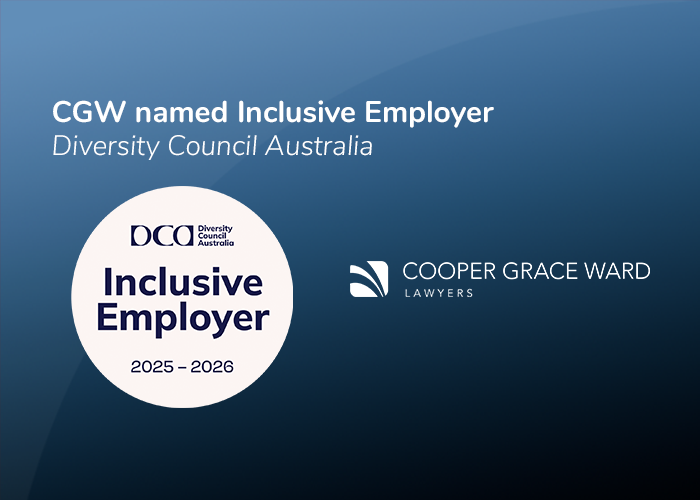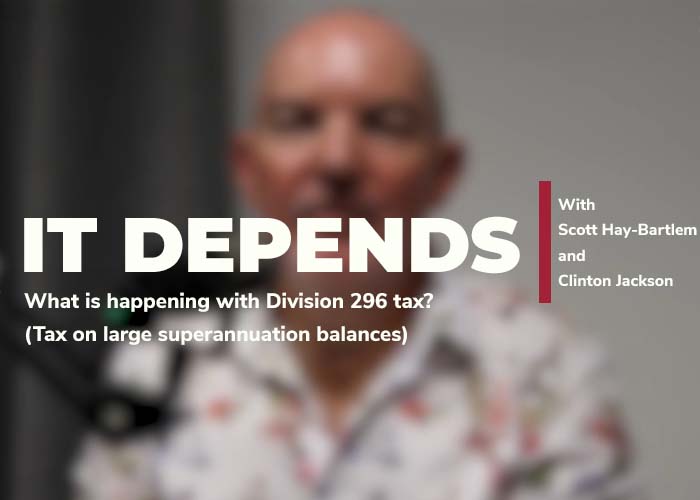The Federal Government has announced important changes to Australia’s FIRB framework as it combats the economic fallout triggered by the coronavirus pandemic.
$0 monetary screening threshold and extended review times
The Treasurer has declared that, from 10.30 pm on 29 March 2020, all foreign investments into Australia that are subject to the Foreign Acquisitions and Takeovers Act 1975 (Cth) (FATA) will require approval. Before these amendments, investments that did not exceed the monetary screening thresholds specified in the Foreign Acquisitions and Takeovers Regulations 2015 (Cth) (FATR) were not the subject of the FIRB approval regime. These monetary screening thresholds will now be reduced to zero dollars. All proposed foreign investments that are the subject of the FATA will require approval from the Treasurer, regardless of the value of the foreign investment.
In connection with the $0 threshold, the FIRB has indicated that the statutory review and approval timeframes will be extended from the current 30-day period to up to six months.
The measures are temporary, however will remain in place for the duration of the COVID-19 crisis. In announcing the temporary changes, the Treasurer stated that:
This is not an investment freeze. Australia is open for business and recognises investment at this time can be beneficial if in the national interest.
Nevertheless, the potential implications of these temporary changes for all current and proposed foreign investments into Australia are significant. For an overview of how Australia’s FIRB regime generally operates, see our article Australia’s FIRB regime: an overview for foreign investors.
Helpfully, the FIRB has confirmed that transactions signed before 10.30 pm (AEDT) on 29 March 2020, will not be subject to the new zero dollar monetary thresholds.
More notifiable actions, more Government oversight
Actions that were not previously ‘notifiable actions’ under the FATA will now require FIRB approval as a consequence of the zero dollar monetary screening thresholds. Notifiable actions by foreign persons under FATA include acquisitions of:
- an interest of 20% or more of shares or units of an Australian company or trust
- interests in Australian land
- direct interests in an Australian company, unit trust or agribusiness.
Before the Treasurer’s announcement, foreign investors generally did not need to seek FIRB approval before engaging in these actions unless the action exceeded certain monetary screening thresholds. The FATR sets the threshold amounts, which vary depending on the investment type and whether the investor is from a free trade agreement country. These exemptions relating to the monetary screening thresholds are no longer relevant and a large proportion of transactions that would previously have not been caught by the FIRB regime will now need to seek prior approval from the FIRB.
Importantly, the new measures do not vary the meaning of a ‘notifiable action’ under the FATA. It is only the monetary screening thresholds that have changed.
Practical considerations
The Treasurer declared that the Government will prioritise urgent applications for investments that directly protect and support Australian businesses and jobs. This will undeniably create an additional burden for foreign investors, however, as noted above, this is not intended to be a freeze on investments. We understand that the FIRB will continue to assess applications on a case by case basis and that investments that bolster the Australian economy and stimulate employment will be addressed in a timely manner.
Due to a rise in applications, the FIRB will be contacting new and existing applicants to request that the decision period for foreign investment applications be extended by up to six months from the date that application fees were paid. This does not necessarily mean an application will require the entire six months to process, however the potential for this delay should still be considered when drafting transaction documents.
Foreign investors should make certain that, where a proposed investment will support the Australian community or employment, this is emphasised in the FIRB application to ensure a quicker turnaround.
Conclusion
Given the heightened number of activities that will now be within the ambit of Australia’s FIRB regime, foreign investors should cautiously examine the ramifications of the changes for proposed investments. Transactions that were not previously subject to approval requirements may now require FIRB approval before they can be closed.
Foreign parties looking to invest in Australia must consider the effect these changes will have on investments, particularly in relation to timeframes for deal execution.






